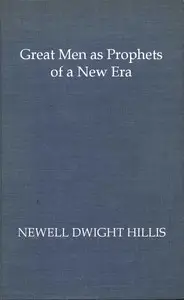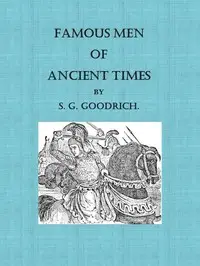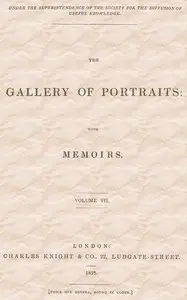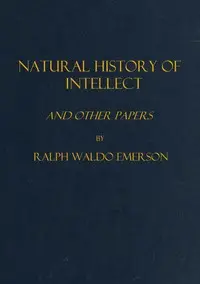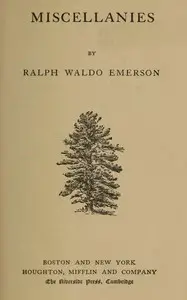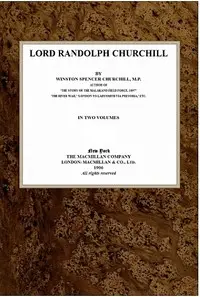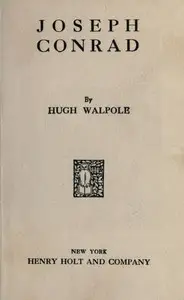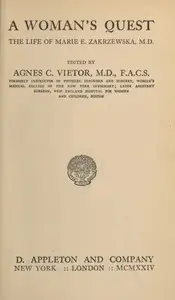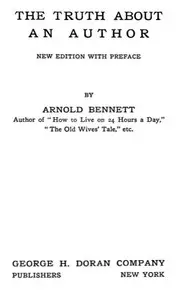"Representative Men: Seven Lectures" by Ralph Waldo Emerson is a series of thoughtful talks from the 1800s that looks at important people from history and how their actions and thoughts have made the world what it is. Emerson talks about people like Plato, Swedenborg, and Shakespeare, explaining how these great minds show us how to make progress and understand the world better. The book starts by talking about why we look up to great people, suggesting that it is normal to admire these people and celebrate them through writing and art. He thinks that these famous figures help us see big ideas more clearly and give us reasons to work together and act morally. He uses these ideas to introduce the main part of the book, which goes into detail about each person and how they have helped us understand ourselves and build our communities.

Representative Men: Seven Lectures
By Ralph Waldo Emerson
Explore the minds of history's most influential figures and discover how their visions shaped civilization and inspired generations.
Genres
Released
2004-08-01
Formats
mobi
epub
epub3 (images)
mobi (images)
epub (images)
txt
Free Download
Summary
About the AuthorRalph Waldo Emerson, who went by his middle name Waldo, was an American essayist, lecturer, philosopher, abolitionist, and poet who led the Transcendentalist movement of the mid-19th century. He was seen as a champion of individualism and critical thinking, as well as a prescient critic of the countervailing pressures of society and conformity. Friedrich Nietzsche thought he was "the most gifted of the Americans," and Walt Whitman called Emerson his "master".
Ralph Waldo Emerson, who went by his middle name Waldo, was an American essayist, lecturer, philosopher, abolitionist, and poet who led the Transcendentalist movement of the mid-19th century. He was seen as a champion of individualism and critical thinking, as well as a prescient critic of the countervailing pressures of society and conformity. Friedrich Nietzsche thought he was "the most gifted of the Americans," and Walt Whitman called Emerson his "master".
Total Reviews
10.0k
Total reviews from Goodreads may change

